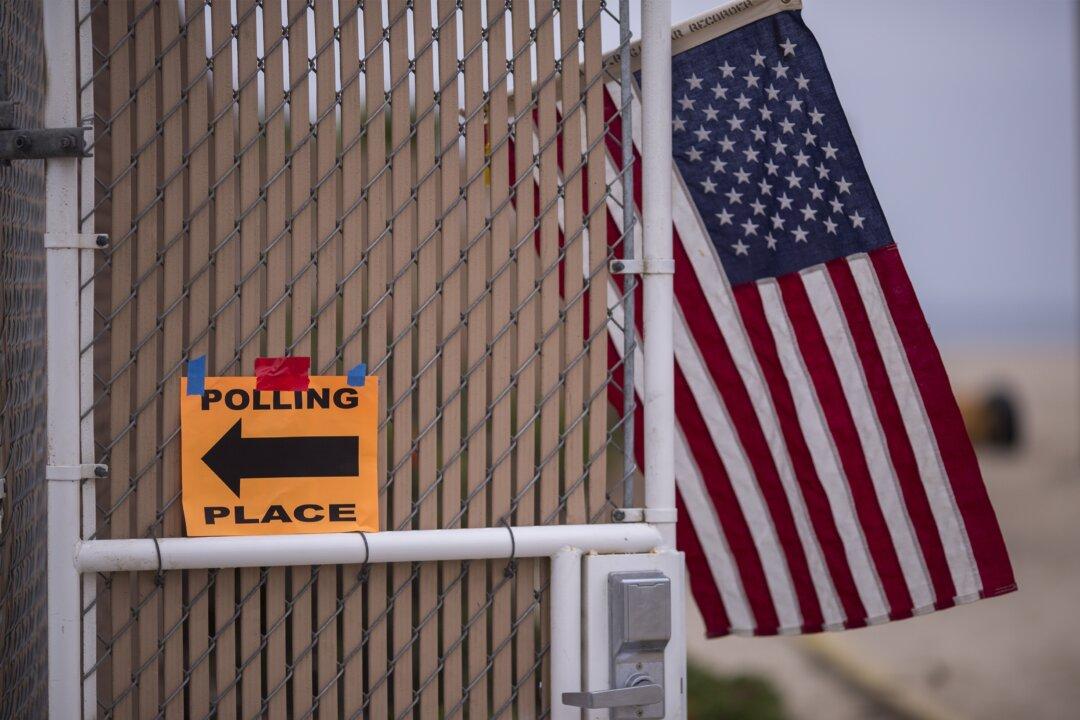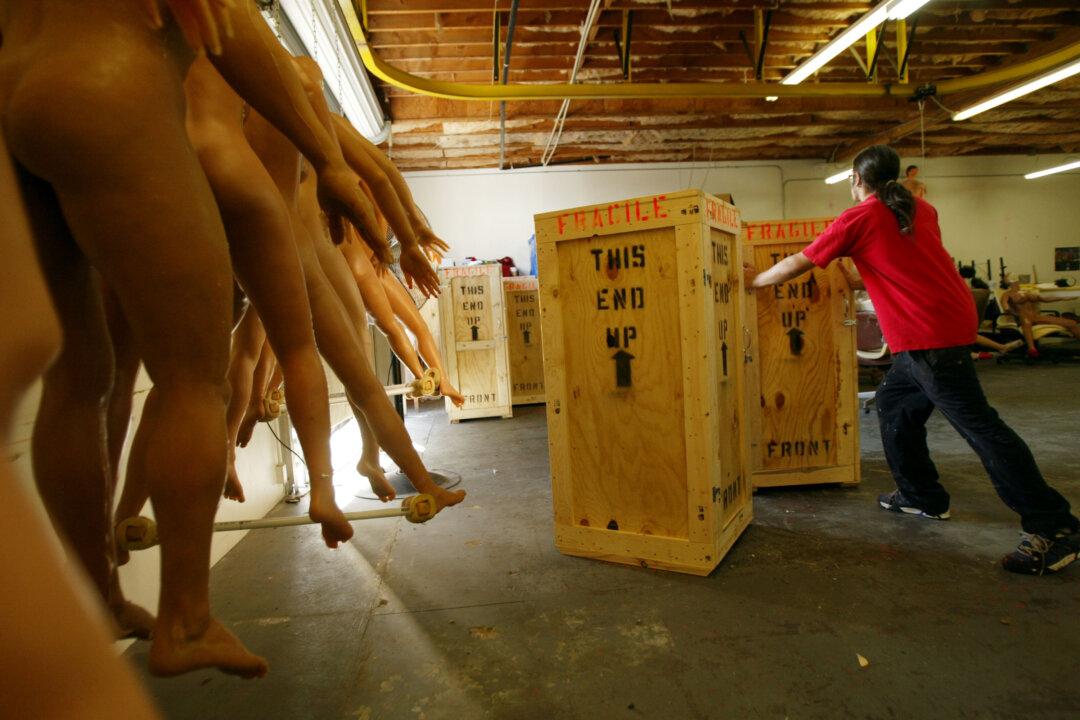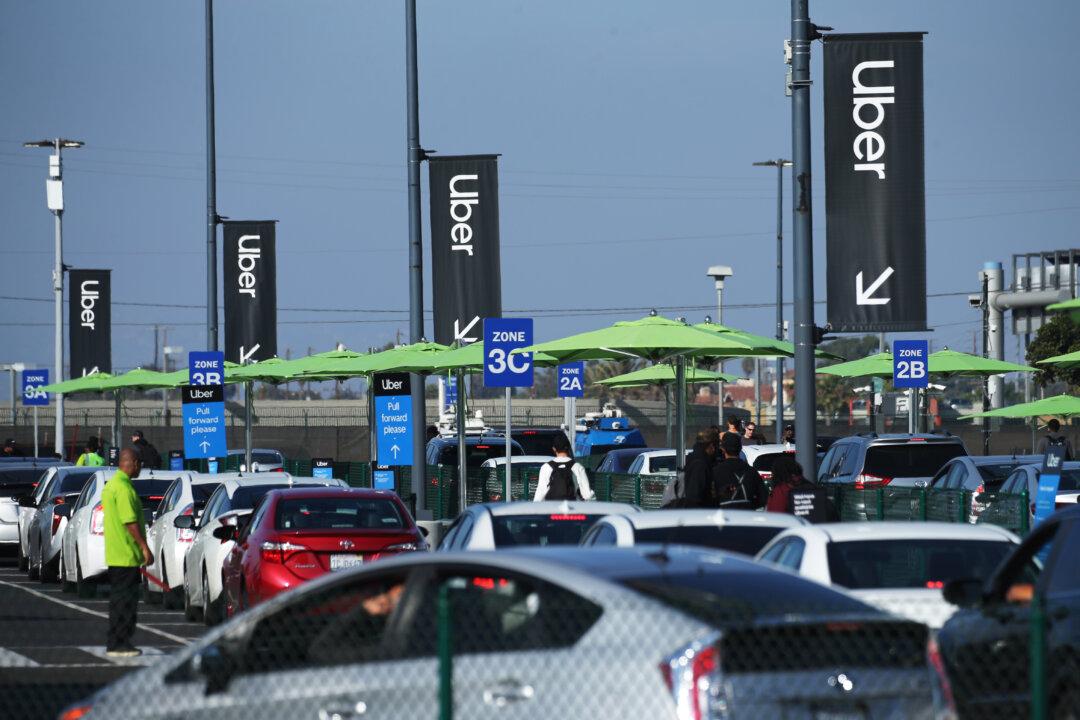As the most populous state with the largest congressional representation, California also has the most voters in the nation. This allows the state to have a powerful hand in national elections.
During the last decade, the Golden State has gradually lowered the threshold for voters to register and get their ballots to the ballot box. Compounding on the Motor Voter Act of 1993 that allowed states to register voters at the Department of Motor Vehicles (DMV), former Gov. Jerry Brown signed into law the subsequent “New Motor Voter Act” of 2015, which automatically registers citizens to vote when visiting the DMV.





